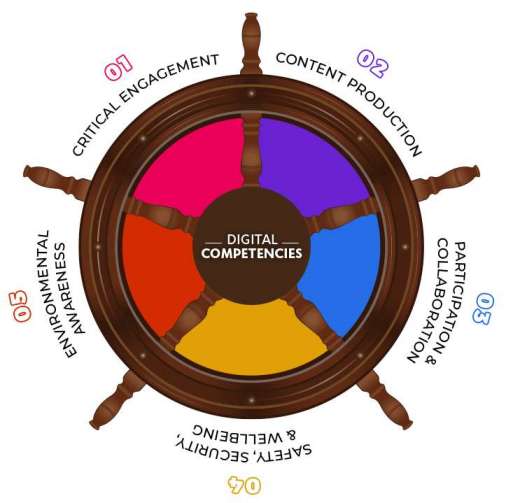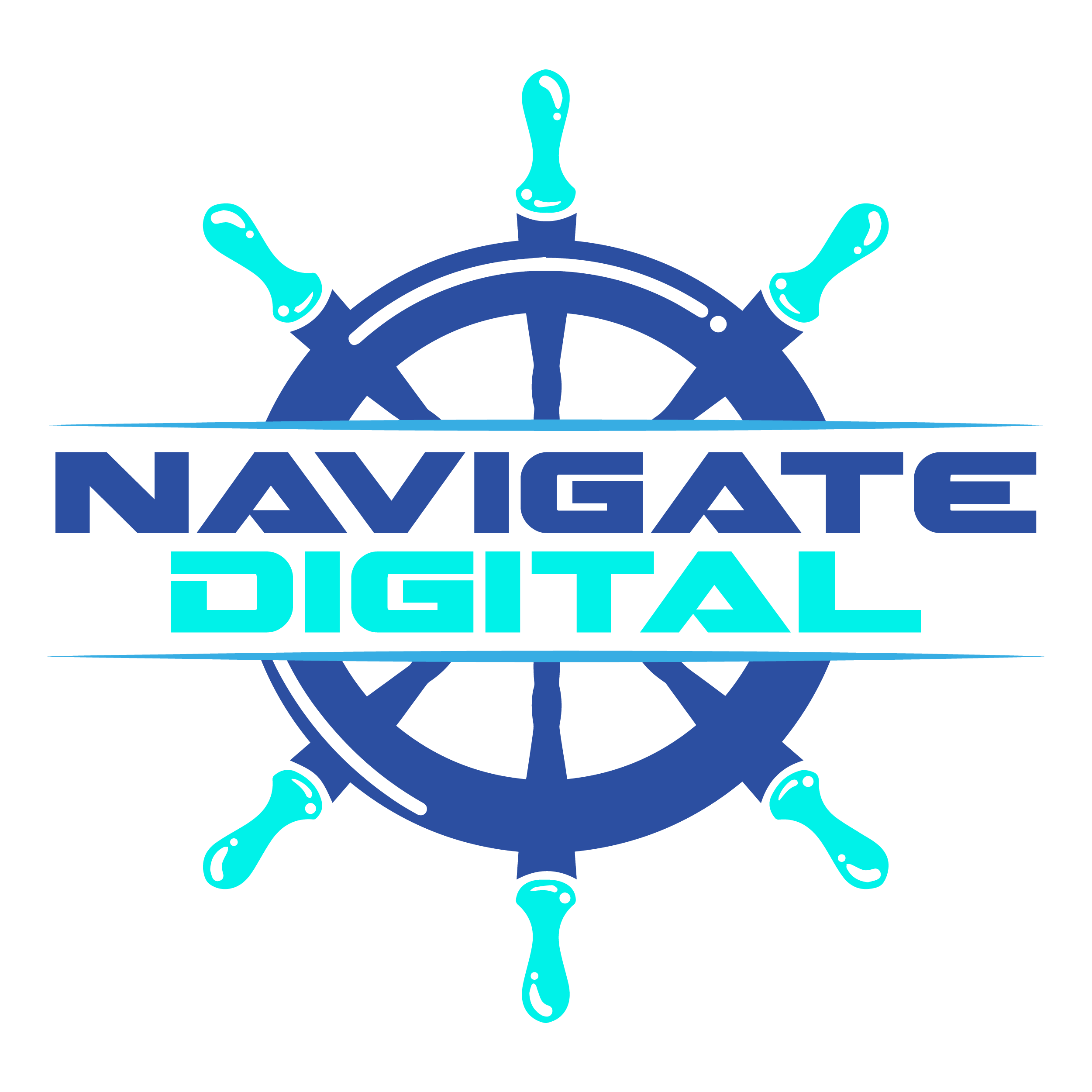1. Critical engagement with digital sources of information

Becoming more critical about the information sourced online means that your students will become more aware of the producers of information, what their intentions are, and whether the information contains bias or inaccurate information. They will also begin to consider how to use this information in their own work. This set of competencies can be broken down into the following areas:
a) The ability to find information effectively and efficiently
b) Evaluate this information in terms of its relevance, truthfulness, value, bias, etc.
c) Organise and manage information
d) Integrate this information into their work, their thinking, and applying information to solve problems and answer questions. (citing websites, videos, etc. and organising information that is found)
We will now look at these in more detail
Finding information effectively and efficiently
Finding information effectively and efficiently means that your students will be able to use the internet and digital platforms to do research and find information relevant to their studies. This includes skills such as:
- Identifying what information is needed and where to look for it
- Using internet search engines: Understanding keyword searches and search rankings
- Performing searches on common databases and online environments (Libraries, YouTube, Twitter, Facebook, Wikipedia)
- Navigating between different data sources and staying focused on the task
.
Evaluating information
Evaluating information that is found online and through digital sources is concerned with students understanding how relevant information is, what the value is to them and to their work. It also means students pay attention to the source of the information i.e. who is producing it and why. It also relates to the truthfulness and trustworthiness of information and students being aware of any potential biases being presented. This includes skills such as:
-
-
- Judging the relevance of information for their work
- Identifying the source of information e.g. publisher, location, date
- Identifying the type of information e.g. academic, professional, personal, political, opinion oriented
- Judging the credibility and reliability of information
- Asking questions about content such as: who is the audience? Who is included in the information? Who is excluded? What assumptions are being made?
- Compare different sources
-
Organise and manage information
Organising and managing information is concerned with students’ ability to store and categorise data which is found online in a logical and systematic way which allows for later retrieval and analysis. This includes skills such as:
- Systems for managing files and folders on a device
- Systems for managing webpages and other digital media
- Using digital tools to organise information in a manner that is easily retrieved
- Storing data in spreadsheets, databases, and other platforms so that it can be interpreted and analysed
Integrating information
Integrating information is concerned with students’ ability to use the information they have found online in intelligent and accurate ways, paying attention to copyright and ownership. This includes skills such as:
-
- Understanding copyright and ownership of data and digital media
- Correctly citing and referencing the work of others in their own work
- Understanding and interpreting multi-modal and multimedia information and repurposing this for use in their own work
- Generating meaningful insights from interaction with digital sources
- Synthesise and combine content with previous knowledge to display new understandings
